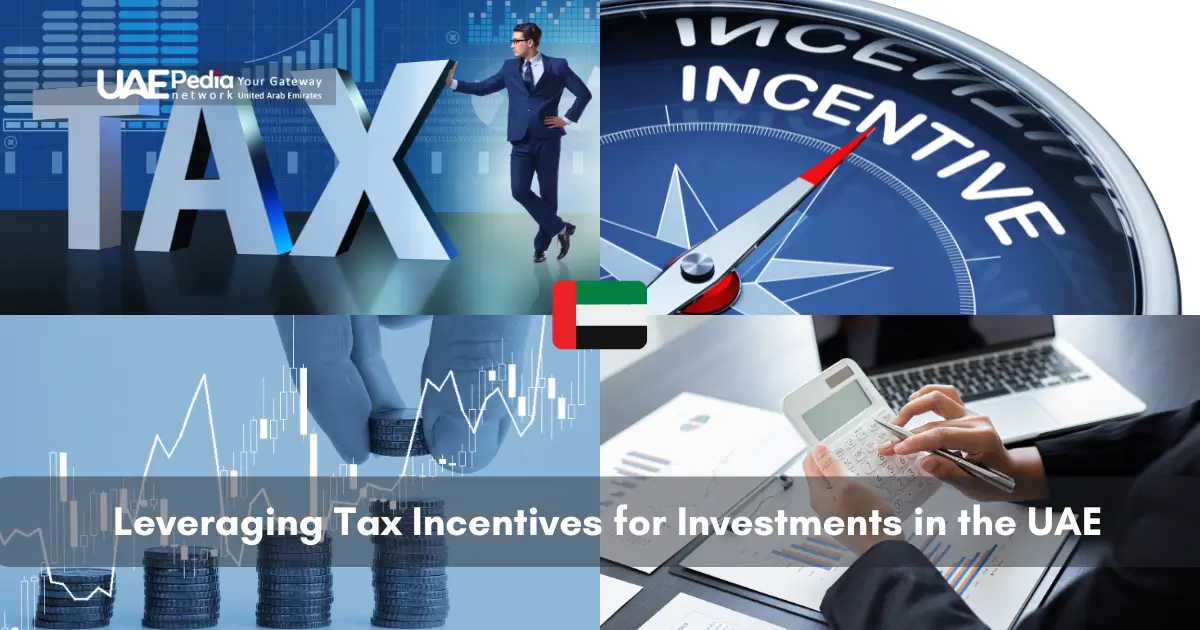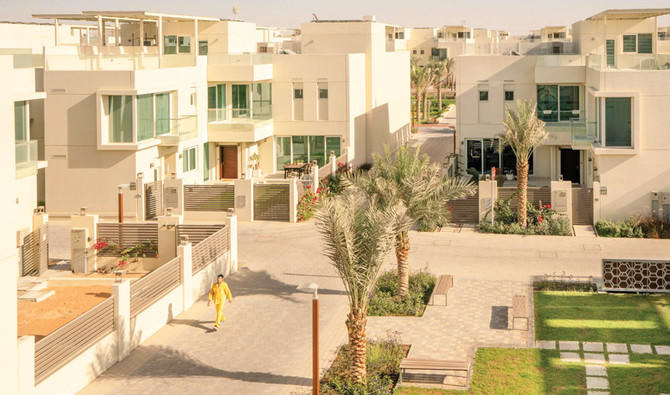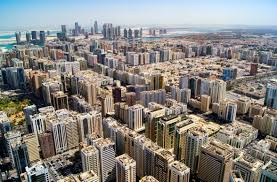
Tax Incentives : The UAE’s real estate market in 2025, with AED 893 billion ($243 billion) in 2024 transactions and 7-11% rental yields, is experiencing a surge in affordable housing projects, particularly in areas like Dubai South, Ajman Corniche, and Al Reef in Abu Dhabi.
Fueled by government initiatives such as Dubai 2040 Urban Master Plan and Abu Dhabi Vision 2030, these projects target middle-income buyers with properties priced below AED 1.5 million ($408,000). The UAE’s tax framework, including the 9% corporate tax (effective June 2023, Federal Decree-Law No. 47 of 2022), 5% VAT (Federal Decree-Law No. 8 of 2017),.
15% Domestic Minimum Top-up Tax (DMTT) for multinationals with revenues over €750 million (AED 3 billion) starting January 2025, offers specific incentives for developers and investors, including Americans, in affordable housing.
Below are six tax incentives driving these projects, ensuring compliance with Federal Tax Authority (CTA, formerly FTA, renamed in 2025) regulations while maximizing returns in a tax-free personal income environment.

Secondary sales of affordable residential properties (post-initial developer sale) are exempt from 5% VAT under Federal Decree-Law No. 8 of 2017, reducing costs for buyers and enhancing affordability. For instance, a AED 1 million ($272,000) apartment in Dubai South sold on the secondary market saves AED 50,000 in VAT, supporting 7-9% appreciation and encouraging market liquidity.
Action: Developers and investors should focus on secondary market transactions, verifying exemption status with Real Estate Regulatory Agency (RERA)-registered agents to ensure CTA compliance.
Long-term leases (over six months) for affordable housing units are exempt from 5% VAT, lowering rental costs and boosting investor returns. A AED 80,000 ($21,760) annual lease in Al Reef saves AED 4,000 in VAT, enhancing 8-10% rental yields and ensuring high occupancy rates (95% in affordable segments). Action: Structure leases to exceed six months, maintain seven-year records for CTA audits, and use RERA-registered property managers to confirm VAT-exempt status.
Developers of affordable housing can deduct expenses like construction, labor, materials, and marketing from taxable income, reducing the 9% corporate tax liability. For a AED 40 million ($10.88 million) Ajman Corniche project with AED 12 million in costs, this saves AED 1.08 million in tax after the AED 375,000 ($102,000) exemption, supporting 6-8% returns.
Action: Retain detailed seven-year expense records, ensure costs are project-related, and consult CTA-accredited advisors to maximize deductions for audit readiness.
Developers with annual revenues below AED 3 million ($816,000) qualify for 0% corporate tax under Small Business Relief until December 2026, per Ministerial Decision No. 73 of 2023, excluding multinationals and Qualifying Free Zone Persons (QFZPs). A small developer building AED 2.5 million ($680,000) in Dubai South units saves AED 225,000 in tax, boosting 7-9% yields.
Action: File simplified tax returns by the nine-month deadline, monitor revenue thresholds, and verify eligibility with CTA consultants.

Government programs, such as those by the Dubai Land Department (DLD) and Abu Dhabi Housing Authority (ADHA), provide subsidized land for affordable housing at 15-20% below market rates, reducing taxable development costs. For a AED 20 million ($5.44 million) Al Furjan project, a AED 4 million land cost saving offsets AED 360,000 in 9% tax on profits, enhancing 6-8% ROI.
Action: Partner with government initiatives, align projects with affordable housing goals, and document land costs for CTA compliance.
American developers or investors using corporate entities report UAE income to the IRS (21% corporate, up to 37% individual tax), but the U.S.-UAE double taxation agreement (DTA) allows credits for UAE taxes paid. A developer paying AED 90,000 in 9% tax on AED 1 million ($272,000) Al Reef project profits offsets U.S. tax liability, preserving 10-15% appreciation.
Action: File IRS Form 1118 (corporations) or Form 1040 (individuals), coordinating with tax advisors to leverage DTA credits and comply with FATCA reporting.
These tax incentives amplify the UAE’s 7-11% yields, outpacing global markets like New York (4.2%). Affordable housing projects align with government priorities, ensuring sustained demand, with 45% of Dubai’s 2025 buyers being foreign, including Americans.
Freehold ownership, no personal income tax, and visa programs (2-year Investor Visa for AED 750,000, Golden Visa for AED 2 million) enhance appeal. Proximity to Dubai International Airport (20-45 minutes) adds value. With a 5-8% price growth forecast, affordable zones like Dubai South project 8-10% appreciation.
The UAE’s affordable housing sector faces challenges from the DMTT’s 15% rate for multinationals, stricter AML compliance, and a potential 10-15% correction in 2026 due to oversupply (41,000 Dubai units).
Non-deductible expenses (e.g., 50% of entertainment costs) and compliance with nine-month corporate tax or 28-day VAT filing deadlines risk penalties up to AED 10,000. Zakat for Muslim investors (2.5% on rental income, e.g., AED 2,000 on AED 80,000) requires careful calculation with Islamic scholars. RERA-registered agents and CTA-accredited consultants are essential for navigating regulations.
VAT exemptions on secondary sales and leases, corporate tax deductions, small business relief, subsidized land, and DTA credits are six tax incentives driving UAE affordable housing projects in 2025. These benefits maximize 7-11% ROI for American investors and developers in a dynamic market.
Strategic compliance and expert guidance ensure sustainable growth in Dubai, Abu Dhabi, and Ajman’s thriving affordable real estate landscape. Tax Incentives
read more: UAE Real Estate: 6 Common Tax Mistakes Foreign Investors Make
